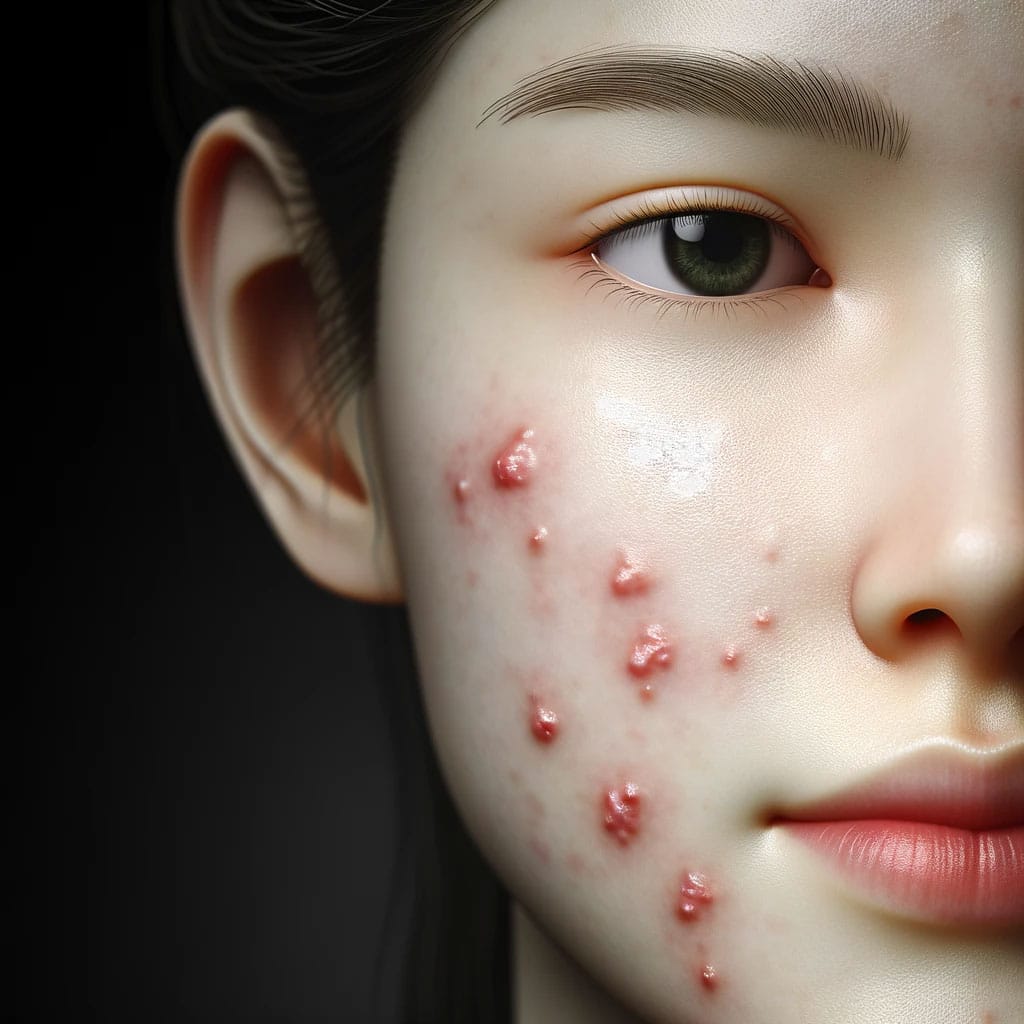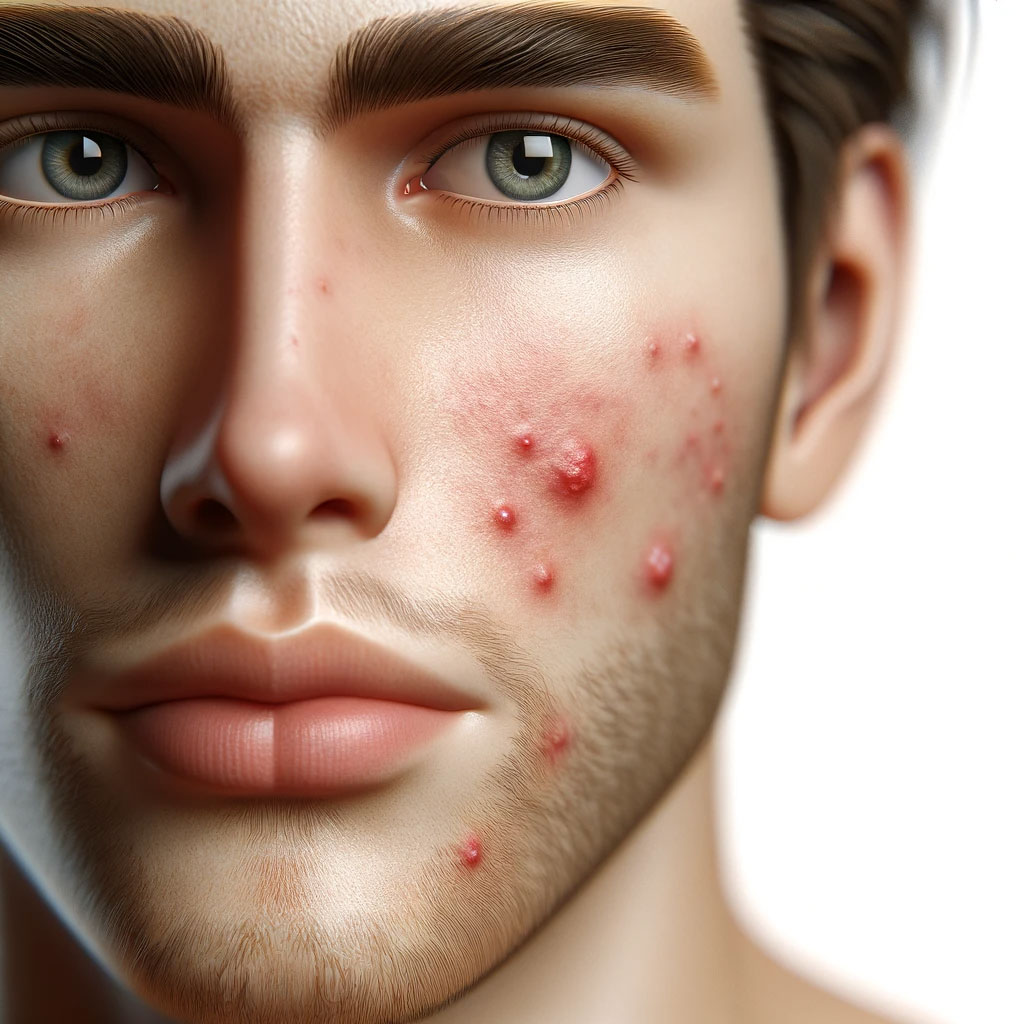Masturbation is a natural and common activity that many people engage in. However, there are many myths and misconceptions surrounding the practice, including the idea that it can cause acne.
Acne is a common skin condition that affects millions of people, and it is often associated with puberty and hormonal changes.
In this article, we will explore the question of whether masturbation causes acne and examine the evidence behind this claim.
Understanding Acne and Its Causes
https://www.youtube.com/watch?v=PW-vaPuzivo&embed=true
Acne is a common skin condition that affects millions of people worldwide. It is characterized by the appearance of pimples, blackheads, and whiteheads, which can be unsightly and cause discomfort.
While the exact cause of acne is not fully understood, several factors are believed to contribute to its development.
Role of Hormones
Hormones are one of the primary contributors to acne. During puberty, the body undergoes significant hormonal changes, which can cause the sebaceous glands to produce excess sebum. Sebum is an oily substance that helps keep the skin moisturized.
However, when too much sebum is produced, it can clog the pores, leading to the development of pimples, blackheads, and whiteheads.
Inflammation and Bacteria
In addition to excess sebum, acne is also caused by inflammation and bacteria. When the pores become clogged with sebum, it creates an environment where bacteria can thrive.
The body’s inflammatory response kicks in, causing redness and swelling around the affected area. This inflammation can make the acne worse and lead to scarring if left untreated.
Role of Hygiene
While hormones and inflammation play a significant role in the development of acne, hygiene also plays a crucial role. Poor hygiene can lead to the buildup of dirt, oil, and bacteria on the skin, which can exacerbate acne.
It is essential to wash the face regularly with a gentle cleanser to remove excess oil and dirt from the skin’s surface.
Masturbation: A Brief Overview
Masturbation is the act of self-stimulation of the genitals to achieve sexual pleasure and orgasm. It is a common and natural part of human sexuality and can be a healthy way to explore one’s body and sexual desires.
The Science Behind Masturbation
During masturbation, the body releases a variety of hormones and neurotransmitters, including oxytocin and dopamine. Oxytocin is often referred to as the “love hormone” because it is associated with feelings of bonding and intimacy.
Dopamine, on the other hand, is a neurotransmitter that is associated with pleasure and reward.
Masturbation can also help improve sexual function and increase sexual pleasure. It can also help reduce stress and tension in the body, leading to a sense of relaxation and well-being.
Health Benefits and Side Effects
Masturbation can have a variety of health benefits, including:
- Improved sexual function
- Reduced stress and tension
- Increased self-esteem and body confidence
- Improved sleep quality
- Reduced risk of prostate cancer in men
However, excessive masturbation can lead to side effects such as:
- Chafing or irritation of the genitals
- Reduced sensitivity to sexual stimulation
- Delayed ejaculation or difficulty achieving orgasm
- Guilt or shame related to sexual behavior
It is important to practice self-care and moderation when it comes to masturbation. Engaging in healthy sexual behaviors and exploring one’s sexuality can be a positive and empowering experience.
Exploring the Connection Between Masturbation and Acne

There is a common myth that masturbation causes acne. However, scientific evidence does not support this claim. In fact, masturbation has several physical and mental health benefits, such as reducing stress and physical tension.
This section will explore the connection between masturbation and acne and discuss the role of hormones and stress, their impact on sleep and mood, and address the myths.
Role of Hormones and Stress
Acne is primarily caused by hormonal changes during puberty and adolescence. Hormones like testosterone and estrogen fluctuate during this time and can cause an increase in sebum production, leading to clogged pores and acne.
Masturbation, on the other hand, does not affect hormone levels in any significant way.
Stress is also a known factor in acne development. Stress triggers the release of cortisol, a hormone that can increase sebum production and inflammation.
Masturbation, however, can actually reduce stress levels and lower cortisol levels, which may have a positive impact on acne.
Impact on Sleep and Mood
Sleep quality and mood can also affect acne development. Lack of sleep can lead to increased stress levels and inflammation, which can worsen acne.
Masturbation, on the other hand, can improve sleep quality by promoting relaxation and releasing endorphins, which can improve mood and reduce stress levels.
Addressing the Myths
There are several myths surrounding masturbation and acne, such as the belief that masturbation causes pimples or that refraining from masturbation can improve acne. These claims are not supported by scientific evidence.
Masturbation does not cause acne, and refraining from it will not improve acne.
Professional Opinions and Treatments
Dermatologist’s Viewpoint
According to medical professionals, there is no direct link between masturbation and acne. Masturbation does not cause acne. However, some people may experience acne breakouts due to hormonal changes that occur during puberty, which is also the time when many people start masturbating.
Dermatologists recommend that individuals with acne should seek professional help. A dermatologist can diagnose the type of acne and recommend the best treatment option. They can also provide advice on how to take care of the skin to prevent future breakouts.
Available Treatments for Acne
There are various treatments available for acne, ranging from over-the-counter medications to prescription drugs.
Some of the commonly used medications for acne treatment include benzoyl peroxide, antibiotics such as erythromycin, and isotretinoin.
Benzoyl peroxide is a topical medication that can help reduce inflammation and kill bacteria that cause acne. It is available in different strengths, and dermatologists can recommend the best one based on the severity of the acne.
Antibiotics such as erythromycin can be prescribed for individuals with moderate to severe acne. They work by killing the bacteria that cause acne and reducing inflammation.
Isotretinoin is a prescription medication that is used to treat severe acne. It works by reducing the production of oil in the skin and preventing the formation of new pimples.
In addition to medication, dermatologists recommend adopting healthy skin habits such as washing the face twice a day with a gentle cleanser, avoiding touching the face, and using non-comedogenic products.
Conclusion
In conclusion, there is no scientific evidence to suggest that masturbation causes acne. Hormonal changes during puberty and adolescence are the primary cause of acne, and masturbation does not play a significant role in this process.
While some people may experience temporary changes in hormone levels after masturbation, these changes are not significant enough to cause acne.
Moreover, masturbation has several health benefits, including reducing stress and physical tension, improving self-esteem, and helping individuals better understand their wants and needs. These benefits apply to both men and women, and there is no evidence to suggest that masturbation is harmful or dangerous.
It is essential to remember that there are many myths and misconceptions surrounding masturbation, and it is crucial to separate fact from fiction.
While there may be some temporary side effects, such as chafing or tender skin, these are usually mild and resolve quickly.

